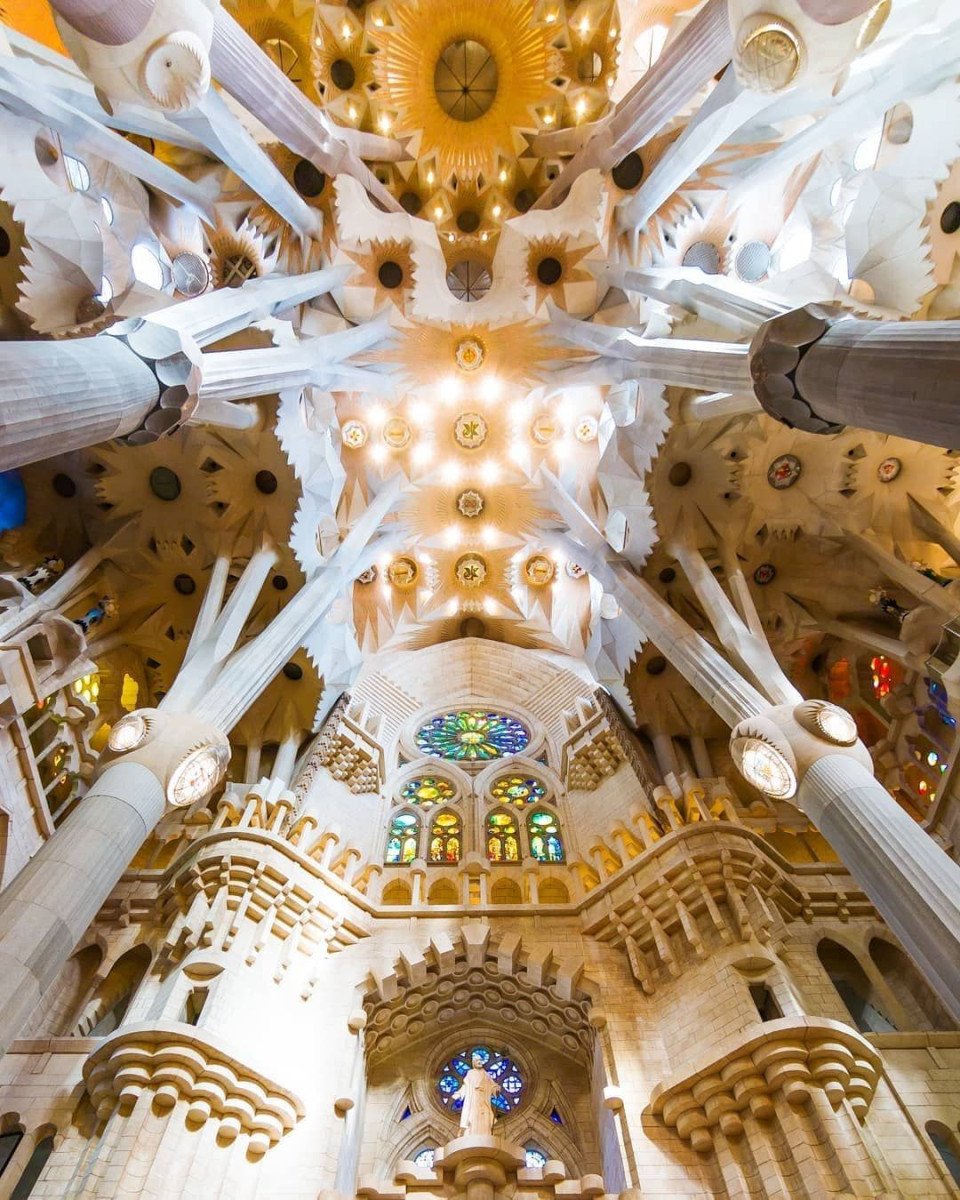Celebrated by Catholics around the world, Easter is one of the biggest and most important events of the year in Spain. You can forget about bunnies and chocolate - this is a celebration to honour Jesus' ultimate sacrifice and spend time with your family. Read on to see how Spain celebrates Easter.

Because of Easter’s great importance in Spain, most large companies give their workers a whole week of vacation and smaller family-owned businesses will take time off during Semana Santa. Many people take the opportunity to travel or visit their families during Holy Week as schools are also closed.
Religious processions
All throughout Semana Santa (Holy Week), people come from all over the country and take to the streets to watch or participate in religious processions. The week begins on Palm Sunday when Jesus had arrived in the city of Jerusalem and ends on Easter Sunday, the day of the resurrection. For 8 days, you can see beautiful and intricately carved floats depicting the capture, death and resurrection of Jesus, and other figures like his mother Mary.
The parades are usually a solemn affair, with mourning women dressed in black and wearing mantillas (lace veils), carrying candles following the floats accompanied by bands playing traditional religious music. It’s typical to see different groups of “brotherhoods” dressed in silk robes and tall, pointy hats called capirotes. Though they might remind you of particular radical groups from the southern US, their costumes are simply historic and part of a long-time tradition.
Some of the biggest parades and processions can be found in the Andalusian cities of Sevilla and Málaga.

What do people eat during Easter?
Like all religious festivals, Easter is one that is spent with family. Families will usually get together for a big lunch or dinner on Easter Sunday and a meal of seafood and sometimes a sopa de ajo (garlic soup) with an egg bake into the centre.
Although you might be seeing more and more chocolates and bunnies around Spain, these are not the typical treats eaten at Easter. Torrijas, which are like a Spanish version of French toast, are usually eaten around this time. Bueñuelos – small doughnut-like balls – and pestiños – crunchy fritters – are also considered Easter sweets. The Mona de Pascua is a type of Easter cake found mostly in Catalonia and Valencia. They were traditionally ring-shaped cakes with a whole egg baked into the centre. Now, you can see more modern versions covered with chocolate and Easter chicks.

Easter in Barcelona
Although it’s said that Catalans aren’t as religious as people in the south, there are still some processions in Barcelona, most of them trailing through the centre of the Gothic Quarter beginning at the Barcelona Cathedral. Many of the larger churches will hold their own processions ending at their location with a mass and choir. If you are lucky, you may even have the chance to experience a mass at the famous Basílica de la Sagrada Familia. The seats here are first come first serve.

Posted in Culture
Learn and improve your Spanish in Barcelona, one of the world's most vibrant and exciting cities.
Here at Speakeasy you'll find courses for all abilities and timetables, an incredible team of talented and motivated teachers and classmates to share your interests and passions. And if you need a visa for your stay, then of course we're able to help and advise.

Start your learning Spanish in Barcelona adventure
Let us know if you have any questions about our courses, our school and life at Speakeasy.